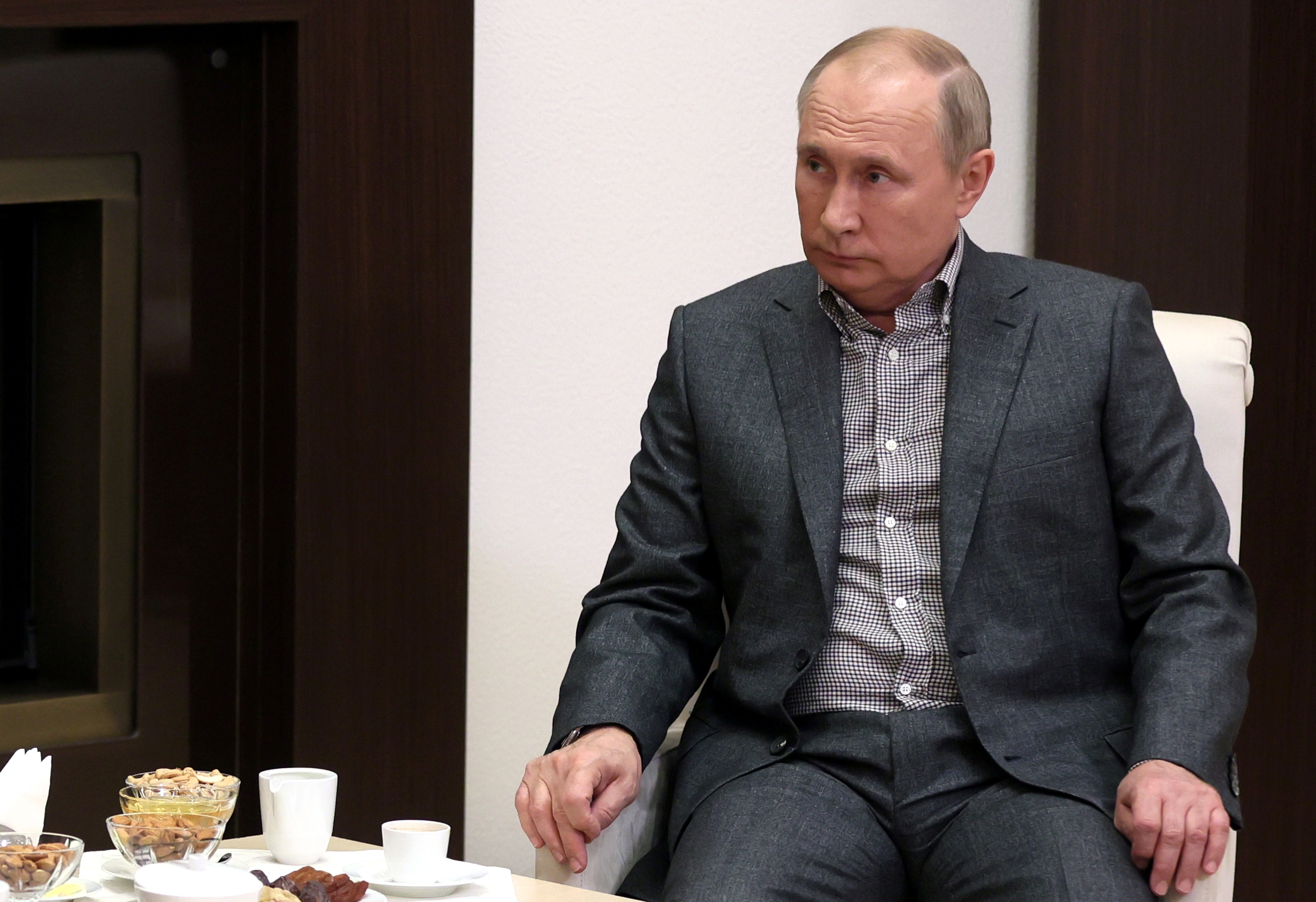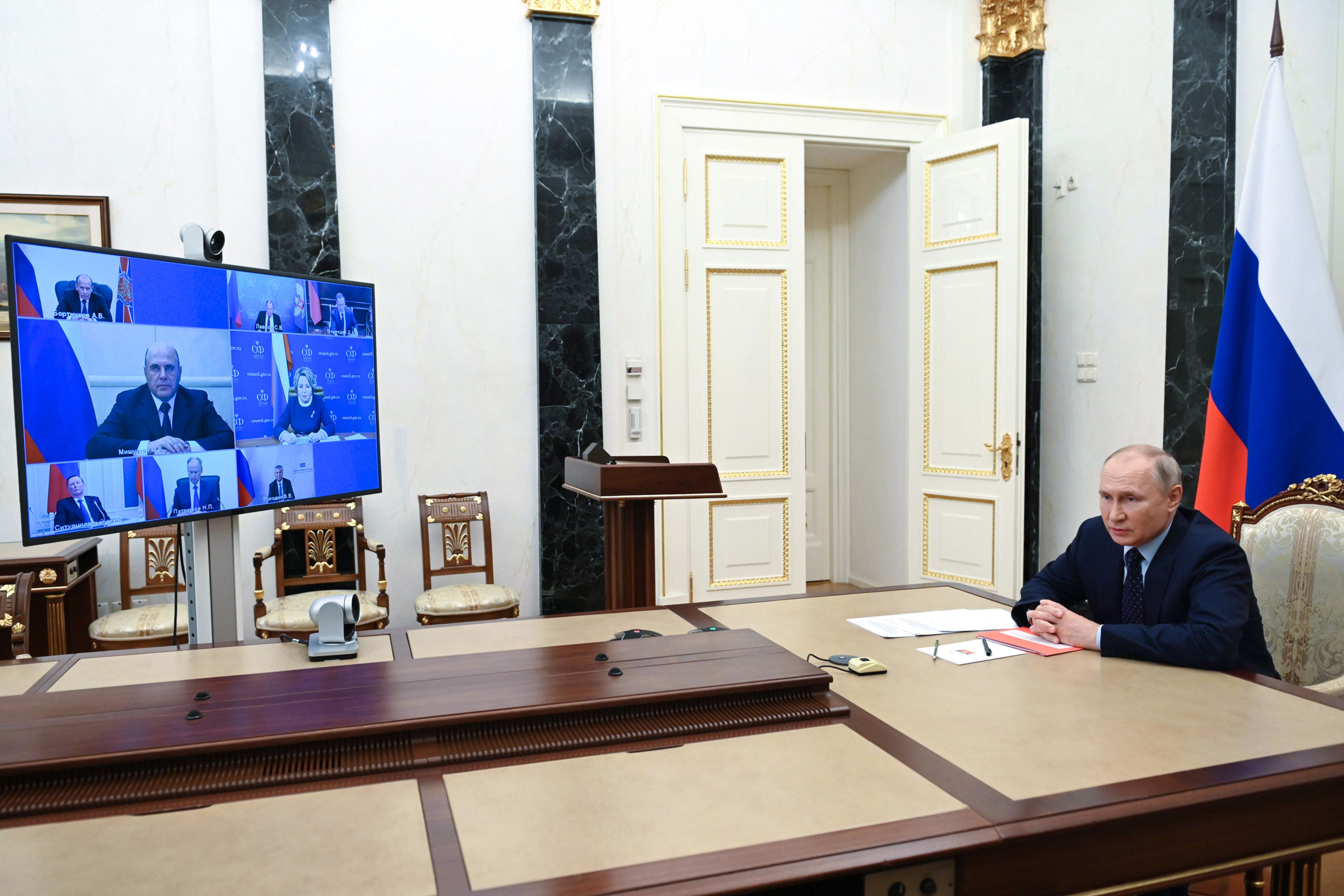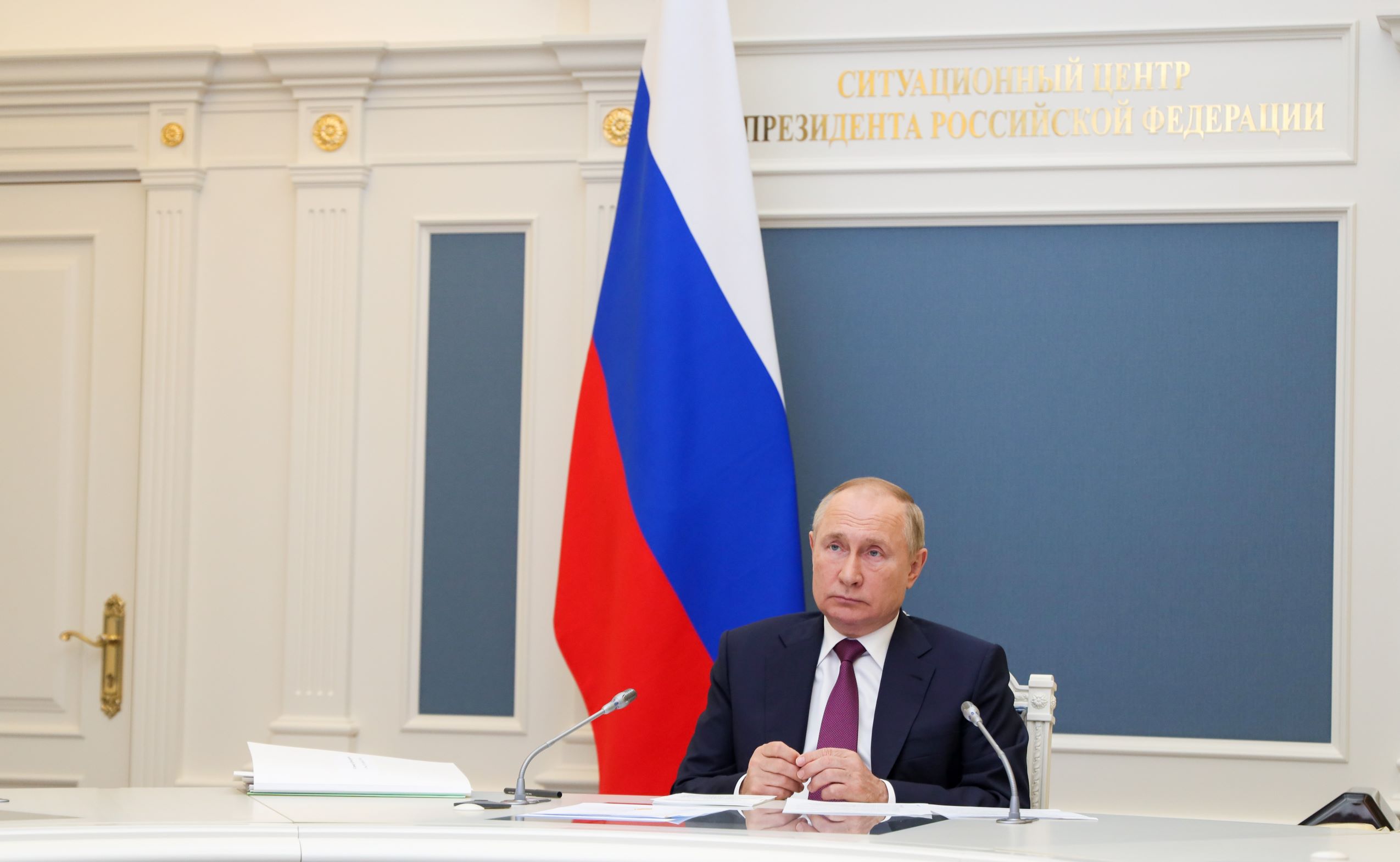Russia Adjusts Its Foreign Policy Directions
On 18 November, at an expanded meeting of the Ministry of Foreign Affairs that included the foreign minister, his deputies, some department directors and, among others, the rector of the Moscow State Institute of International Relations (MGIMO), all of which are responsible for planning foreign policy, President Vladimir Putin laid out the most important goals for Russian diplomacy. He underlined the necessity of tightening security policy, including in relations with NATO, and Russia’s further involvement in “resolving regional conflicts”. Putin also announced the publication of a new foreign policy concept. These indications mean that Russia will maintain and even increase tensions in its relations with the West to try to force concessions on issues important to the country.
 Photo: SPUTNIK/Reuters/Forum
Photo: SPUTNIK/Reuters/Forum
How will Russia’s security policy change?
One of the most important topics Putin raised was security, including the announcement that Russia will increase its confrontational policy towards NATO. Putin criticised the Alliance’s actions, especially what he called the “militarisation” of the countries on NATO’s Eastern Flank, adding that Russia expects the Alliance to grant formal security guarantees for its western border. However, at the same time, he described the Alliance as an unreliable partner. He also announced that Russia would continue to strengthen its armed forces in the western strategic direction. Presumably, this signifies an intensification of actions below the threshold of war against NATO member states. Putin also said that strengthening CSTO will be one of the most important elements of Russian security policy. Therefore, an increase in the number and scale of drills conducted within this organisation can be expected, including ones in the Polish neighbourhood (in Belarus and/or Kaliningrad Oblast).
What were the other theses of Putin’s speech?
In addition to security issues, the Russian president focused on the country’s involvement in numerous multilateral formats, noting its special role in the United Nations and the Security Council, as well as organisations covering the former USSR (CIS, EAEU) and in the Asia-Pacific region (SCO, ASEAN), and the deepening integration with Belarus. He drew attention to the necessity to further develop the “Russian world” (Russkiy Mir) concept, which purports to help Russians abroad, support Russian language and culture, and further facilitations in granting citizenship, especially for residents of the former USSR. He indicated that Russia would engage in combating terrorism, illegal arms trade, drug trafficking, and fighting poverty. He devoted much attention to climate change and Russia’s role in it, criticising the EU and the U.S. for imposing regulations in this area that affect his country. He also criticised Poland’s actions in connection with the current border crisis.
Where is Russia likely to become involved?
Putin announced further actions of Russian diplomacy to resolve conflicts in the former USSR, such as increasing the Russian military contingent in Nagorno-Karabakh, as well as in the Middle East, mainly in Syria and North Africa (primarily in Libya). Russia will continue its efforts to build the status of a global player whose interests must be considered when trying to resolve important international issues. Moreover, the Russian authorities will continue to use the “frozen” conflicts in the post-Soviet space as a tool to influence the policies of their neighbours, especially towards EU-associated countries (Ukraine, Georgia, Moldova). Putin also pointed to the need to increase Russia’s role in Africa and announced the next Russia-Africa summit for 2022. Africa and the Middle East are important to Russia because having a presence there allows it to influence the actions of Western countries, especially the U.S., and because of key Russian economic, energy, and military interests.
What do the changes in Russia’s foreign policy mean for Poland?
For Poland and other NATO countries, the announcements regarding a tightening of security policy mean that they will have to continue to deal with Russia’s confrontational actions, but likely to a greater extent. These will more frequently and on a larger scale take the form of hybrid threats focused on, for example, weakening important state functions and degrading allied loyalty. The Alliance’s new strategy should encompass these developments and NATO should continue to strengthen the Eastern Flank and take actions aimed at developing the resilience of states to threats below the threshold of war. In turn, the announcement of deeper Russian-Belarusian integration means that additional security challenges will come from Belarus. Moreover, Putin’s emphasis on the Russkiy Mir concept will probably mean further confrontation in how Russia conducts historical policy, which in many dimensions will be aimed at Poland.
Russia’s change in policy also means that it will be even less willing to look for areas of cooperation or compromise with Western countries. Although Putin formally declared his willingness to continue the dialogue, in his speech he mainly emphasised the divergences in relations with the U.S. and the EU and did not offer de-escalation.





